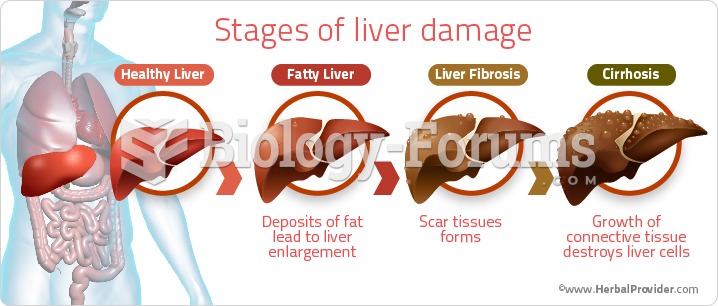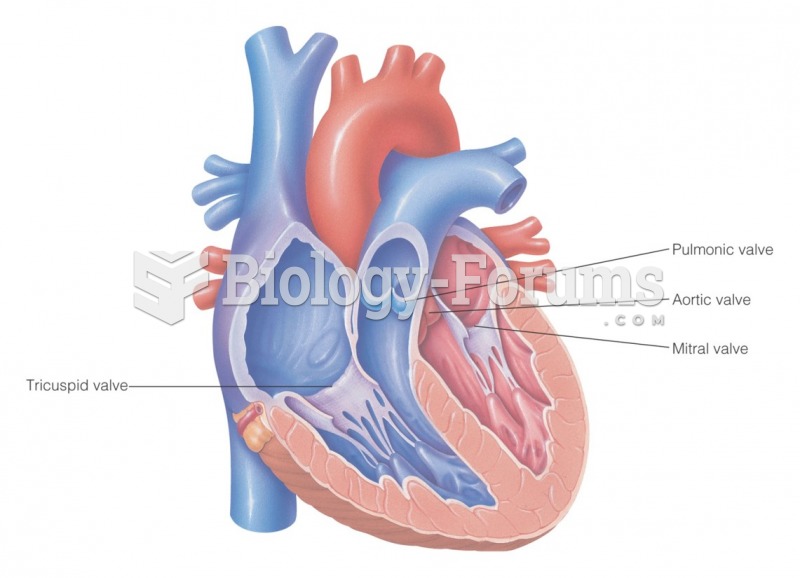|
|
|
About 3.2 billion people, nearly half the world population, are at risk for malaria. In 2015, there are about 214 million malaria cases and an estimated 438,000 malaria deaths.
Drying your hands with a paper towel will reduce the bacterial count on your hands by 45–60%.
Certain topical medications such as clotrimazole and betamethasone are not approved for use in children younger than 12 years of age. They must be used very cautiously, as directed by a doctor, to treat any child. Children have a much greater response to topical steroid medications.
The term pharmacology is derived from the Greek words pharmakon("claim, medicine, poison, or remedy") and logos ("study").
Disorders that may affect pharmacodynamics include genetic mutations, malnutrition, thyrotoxicosis, myasthenia gravis, Parkinson's disease, and certain forms of insulin-resistant diabetes mellitus.
 Capillaries act as bridges between the arteries and veins. Valves in the veins prevent backflow as ...
Capillaries act as bridges between the arteries and veins. Valves in the veins prevent backflow as ...
 A DOHC engine uses a camshaft for the intake valve and a separate camshaft for the exhaust valves in ...
A DOHC engine uses a camshaft for the intake valve and a separate camshaft for the exhaust valves in ...





